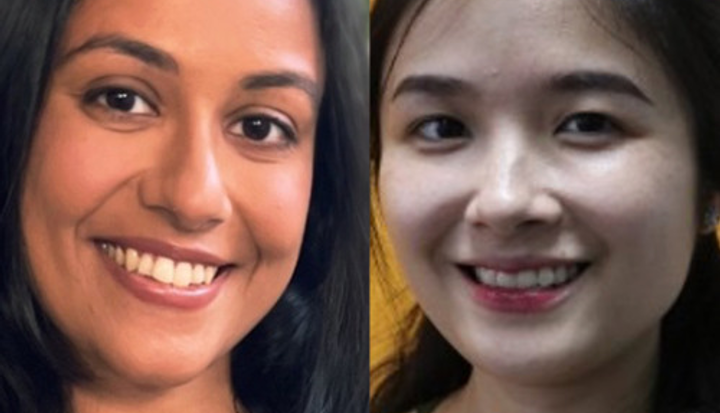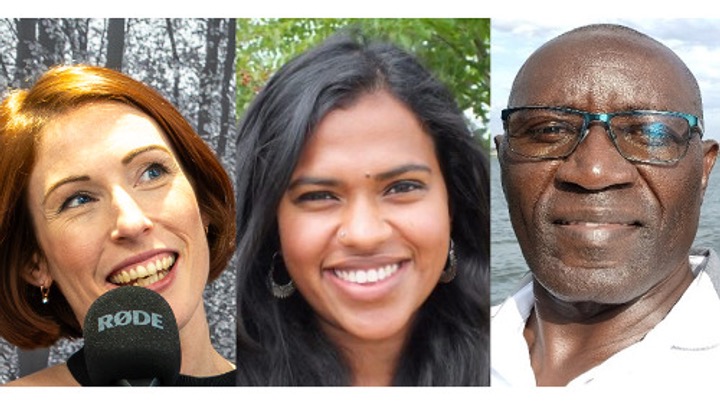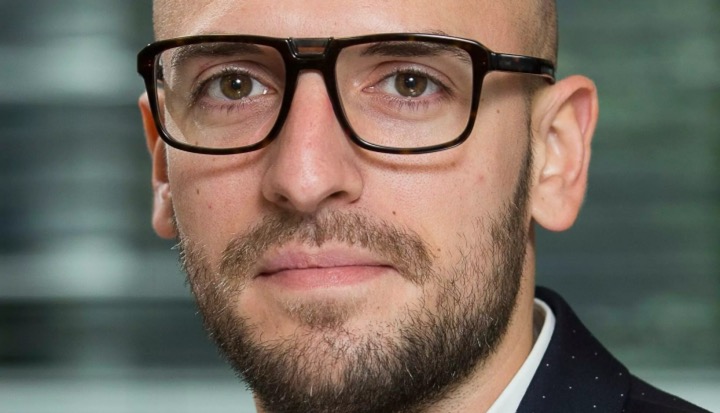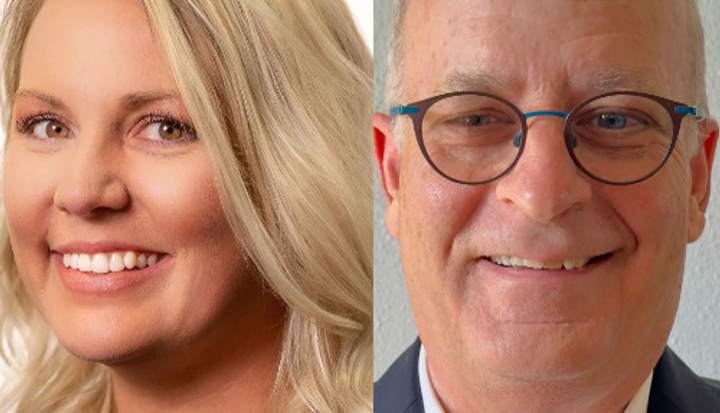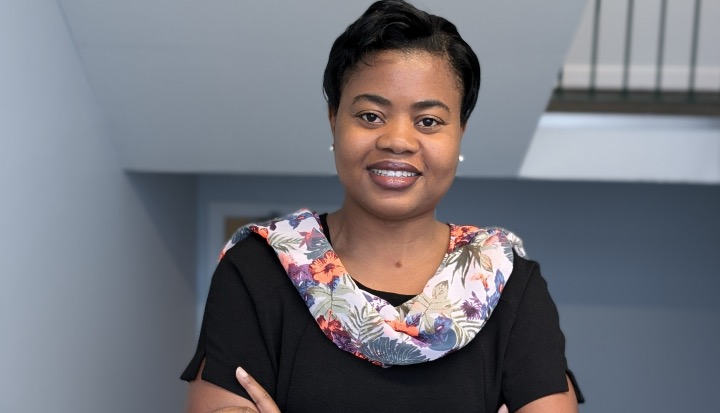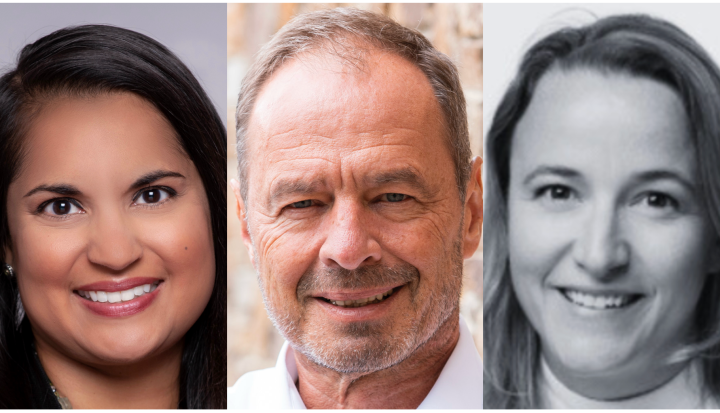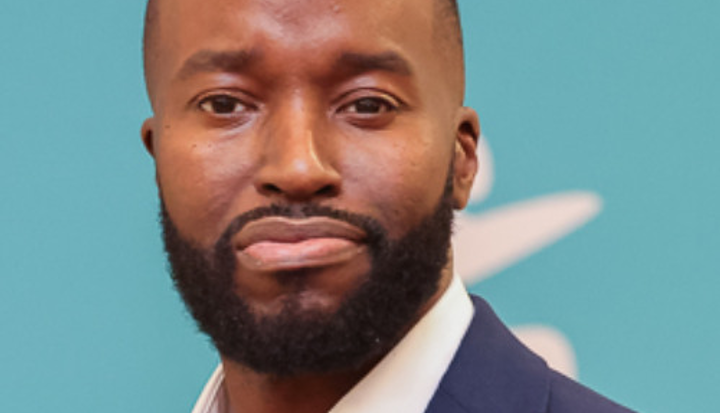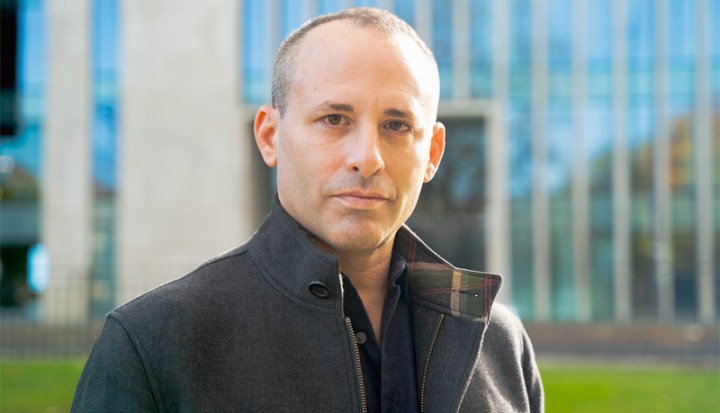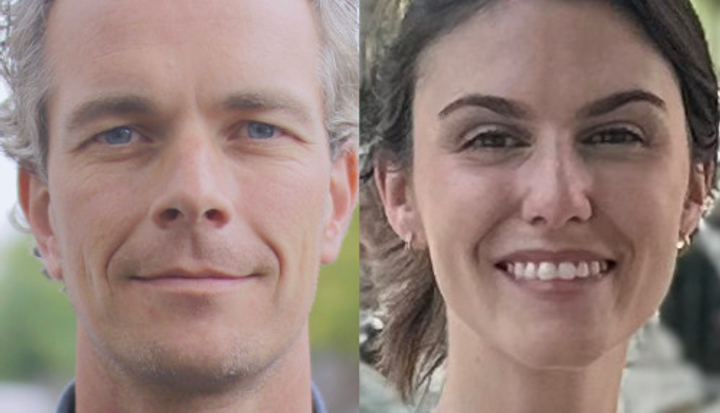
BFP: What do you do?
MRN: I work as the Innovation Manager for the GSMA Mobile Enabled Community Services (MECS) programme from our London headquarters office. Briefly, the GSMA represents the interest of the mobile operators and our dedicated arm, GSMA Mobile for Development, focuses on driving commercial mobile services for underserved populations in emerging markets. By bringing together the GSMA mobile operators members, the wider mobile industry and the development community, we identify opportunities for social, economic and environmental impact and stimulate the development of scalable mobile services across multiple sectors (finance, agriculture, health, female empowerment and disaster response).
Funded by the Department for International Development (DFID), the MECS Programme’s objective is to improve access to basic energy and water services using mobile technologies, services and infrastructure. As mobile connectivity extends beyond the reach of the electricity grid and central water utilities in many markets, more people often have better access to mobile networks than to electricity and clean water. The GSMA believes that the size and the reach of the mobile industry’s infrastructure, mobile operators’ distribution channels, Machine to Machine (M2M) connectivity, mobile payments and services offer innovative pathways to achieve reliable energy access and improved water access for underserved communities. Our work includes financing innovation, knowledge-sharing and convening, technical assistance and advisory services.
In my role, I lead Innovation and Research Activities for the MECS programme. This includes advising our stakeholders (mobile operators, investors, entrepreneurs and NGOs) on the role of mobile in the energy, water andsanitation sectors. We monitor and disseminate content related to technology and business model innovations in these sectors. I also spend time in the field meeting innovators and communities to uncover insights on the usage and impact of mobile technologies.
BFP: What is the best part about your job/project?
MRN: Working in this role for the GSMA MECS programme is exciting in many respects. Firstly, spending time in the field, at the contact point between service providers and the populations benefiting from these solutions is invaluable. I think this is a fundamental part of the work: in order to better understand the context of mobile usage and its potential to solve some of the most important problems, you need to spend time on the field, meet people, observe habits and gather evidence. My role at the GSMA MECS team provides ample opportunity to undertake this crucial work.
Secondly, our position within the industry is quite unique as we are working at the forefront of innovation in the mobile, energy and water sectors. The rapid development of mobile infrastructure, services and ownership of mobile devices is now enabling the development of innovative business models which would have been unthinkable even ten years ago. By working with and supporting innovators leveraging mobile technologies, we catch a glimpse of what the future of energy, water and sanitation services in emerging markets will be – and the building block necessary to support solutions at scale.
Finally, the MECS team itself. We are a team of 6 people based on 3 continents (with offices in London, Nairobi and Delhi). We’re still lean and agile, despite the geographical dislocation, and our different backgrounds, expertise and cultures are complementary. Also, being part of the wider GSMA Mobile for Development team which now counts more than 70 people, allows us to draw on the knowledge of experts in the technology and development sectors on a daily basis.
BFP: What has been your greatest challenge?
Some of the big challenges we’re facing are about how we can best support emerging mobile-enabled models in a sector that is still nascent and how we can foster more partnerships between the stakeholders in our ecosystem. Information is often missing on the value of market-based approaches to serve lower income customers and how profitable and catalytic such mobile-enabled ventures could be. For example, as the GSMA, our main stakeholders are our member mobile operators and their core business is to provide voice and data services to their customers.
However, once you’re working out of these core business activities, you need to find and explain what would be the value for them to get involved, through partnerships and/or direct services, in the energy or water sectors. What we outline during our regional working groups and through our public reports, is that mobile operators have a catalysing role to play to support solutions adoption and growth because of their strong local presence and brand. It would also benefit their business activities if they enable their mobile subscribers to have a better local access to clean energy and clean water.
BFP: How have you overcome these challenges? /What advice can you give others?
I think that by providing the right kind of evidence and support to our stakeholders and by convening the right people and organisations around the table, we are optimizing our chances of success in our goal to facilitate the growth of this MECS ecosystem. When I refer to providing the right kind of evidence, I think about the types of data that will be valuable to support businesses and organisations in our mobile, energy and water sectors. For example, we published information on the number of people covered by mobile networks without access to electricity and clean water who could hence benefit from this mobile ubiquity to improve access to these basic services (link here) or the impact of local energy access on mobile usage (increasing the monthly Average Revenue per User, i.e. the average revenue by mobile subscriber, by 10 to 15). We also work with partners who have local expertise to conduct research in emerging markets.
In terms of communicating these pieces of evidence and fostering discussions, we regularly invite regional organisations to our working groups in Africa and Asia and participate to international conferences in the energy, water and development sectors. For example, we will co-organize a seminar with wash expert organisation IRC, Consultative Group to Assist the Poor (CGAP) and the World Bank Water & Sanitation Programme at the next World Water Week in Stockholm in September and talk about the role of mobile in the energy and water sectors.
Overall, since the start of our first Community Power from Mobile project in 2009 ,looking at how the presence of off grid telecom towers could improve rural electrification, we have built a strong network of partners in the mobile, finance, energy and water sectors. These contacts, who regularly participate in our events and relay the information we collect beyond our circle of influence, are keys to the success of our programme.
BFP: If someone wants to do what you do – where do they start?
MRN: I’m a technology person from university with a degree in microelectronics, then I spent time consulting for international organisations in the ICT sector for 5 years and volunteered with local NGOs especially working with homeless or low income people. I believe that there are three important elements for anyone who wants to get involved in such projects:
- Understand the technology – from hardware to software. ICT has a huge potential to solve some of the challenges faced by populations in emerging markets and one has to learn about these technological building blocks and how they can be applied to different products or services.
- Learn about how successful businesses are built – to help growing ideas, you need to be able to find out about the strengths and weaknesses of emerging business models and what type of support they need. Beyond the creation of a business, it’s also about understanding how building the ecosystem around a solution will be conducive to its growth.
- Then travel and meet people – I don’t think you can build or support the growth of a successful social enterprise if you don’t spend enough time with the people directly benefiting from a service or a product. But wherever is your home, you don’t need to travel far to meet people who need help, so find the place where you think you could have the most impact right now.
I would also encourage anyone interested in working with the GSMA to visit our website as we have several job opportunities currently open.
BFP: Finally, What do you hope to get out of being part of the BFP community?
MRN: The Business Fight Poverty website and community is a great way to start discussions, create new contacts and learn about best practices in different sectors and regions. I welcome anyone to get in touch.
Editor’s Note:
Thank you to Michael Nique for taking the time to do this interview.
We’re always looking out for members to feature. Help us by taking two-minutes to update your profile, or by nominating someone for Business Fights Poverty Member of the Week.
Read previous Member of the Week interviews here.


